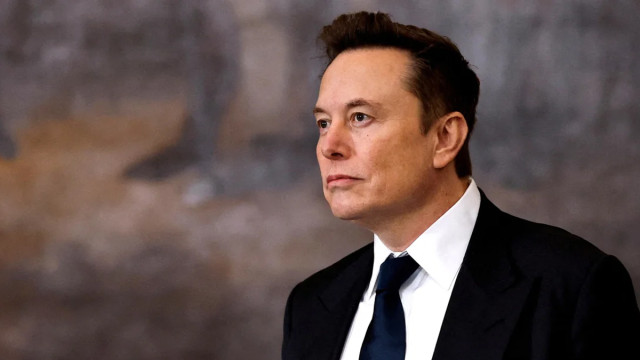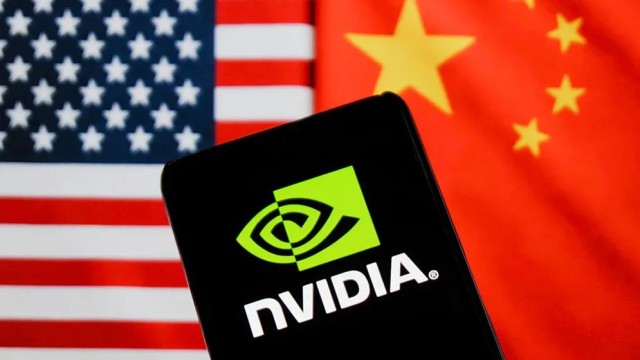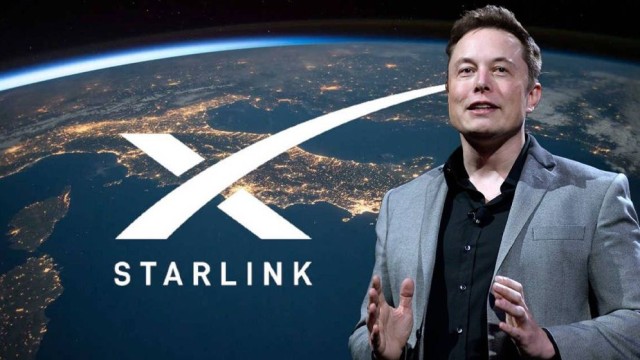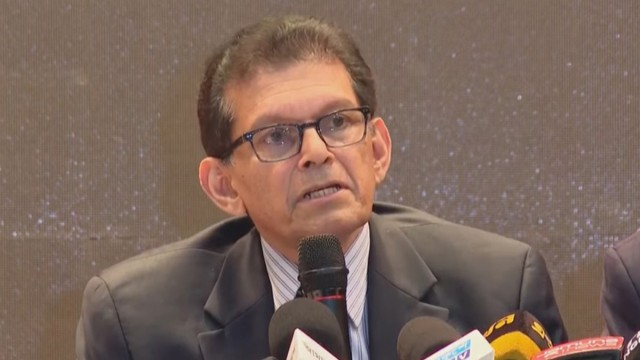WhatsApp's new terms, mandated to comply with Europe's Digital Markets Act, raise concerns over user privacy and security. While users face a deadline to accept or delete their accounts by April 11, the underlying issues highlight broader regulatory scrutiny of big tech platforms.
As WhatsApp's new terms, aligned with Europe's Digital Markets Act (DMA), come into effect, users confront a pivotal decision regarding their privacy and security. The changes, mandated to comply with regulatory standards, underscore broader concerns over big tech platforms' control and accountability.
While the surface-level adjustment to WhatsApp's terms appears straightforward, the underlying implications resonate far beyond April 11. Regulatory scrutiny of big tech, exemplified by Europe's DMA, extends beyond compliance to encompass broader implications for user rights and platform dynamics.
The ongoing Department of Justice (DOJ) lawsuit against Apple, focusing on iMessage's alleged anti-competitive practices, sets a precedent for regulatory oversight in the messaging sphere. WhatsApp's latest changes, driven by the need to engage with third-party platforms like Sunbird, reflect a shifting landscape in secure messaging.
The introduction of Sunbird, promising integration with WhatsApp and other messaging apps, signals a significant departure from the platform's traditional walled-garden approach. However, Meta's cautionary warning highlights the inherent risks associated with third-party engagement and underscores the importance of user vigilance.
As users navigate the decision to accept or delete their WhatsApp accounts, the broader regulatory landscape shapes the future of secure messaging platforms. With privacy and security at the forefront, users must weigh the implications of regulatory mandates and platform changes on their digital rights and data protection.































Comment: